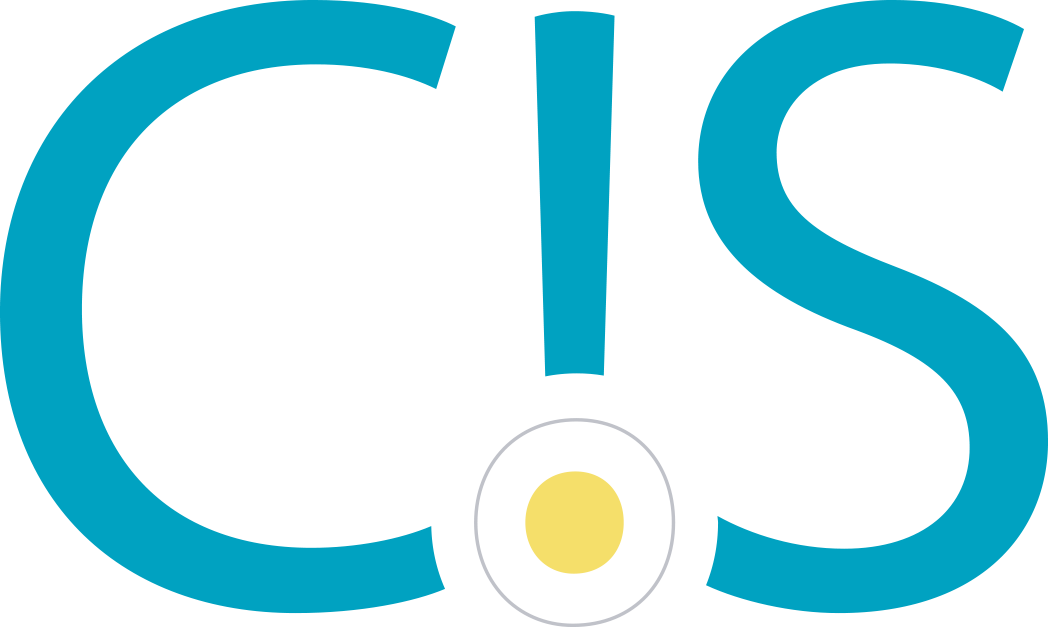DEBIAS – Digitally Eliminating Bias in Applicant Selection
Diverting Bias for Diversity with Science and Technology
Diversity is key: almost no organisations still doubt the value of teams with diverse backgrounds, be it in terms of efficiency or creativity. Nevertheless: a closer look at the current situation reveals a gap between this understanding and actual recruiting practices, in particular for technical jobs. But why, one may ask – given that recruiting and HR professionals are tasked with selecting applicants based on skills and knowledges, and not by their own personal feelings and preferences? The answer lies in the unquantifiable “feelings” that introduce unconscious biases into the process – a bias we all carry within our judgements.
A wealth of scientic research into biases provides answers. Studies have shown that identical CVs with different sounding names get callbacks more or less often and that different age or gender has a significant impact on promotions and hiring chance. Even more obvious effects can be shown within the recruiting interview: as humans, we are trained to judge and classify people we interact with by a number of criteria intuitively, from attractive, sympathetic, collegial, attentive or intelligent. In these categories we tend to rate people higher that mirror our own self-perceptions: the bigger the cultural, gender or age difference, the more likely we are to take a critical stance.
To combat this problem is the goal of DEBIAS, a research project of the Centre for Informatics and Society in cooperation with the TU Career Center and the AK Wien. Together, we aim to answer the question of how technology might combat unconscious biases and create a more fair and equitable interview setting, without removing the interpersonal dimension too much. To facilitate this in a balanced way, we conduct intensive interviews with applicants and recruiting professionals, design socio-technical solutions and evaluate them as part of this year’s Voices of Diversity project ‘live’ at the TU Wien. In this process, including all stakeholders is of primary importance: only the people affected by these biases can tell us if a technological solution will work or not! Due to this, we follow a participatory design process to develop, test and evaluate our solutions with our partners, scientists and stakeholders.
The project was funded by the Digitalisierungsfonds Arbeit 4.0 of the AK Wien. The fonds was created as part of the AK’s digital offensive and is one of the new AK Extras as part of the AK Futures program.
Read more at www.wien.arbeiterkammer.at/zukunftsprogramm

